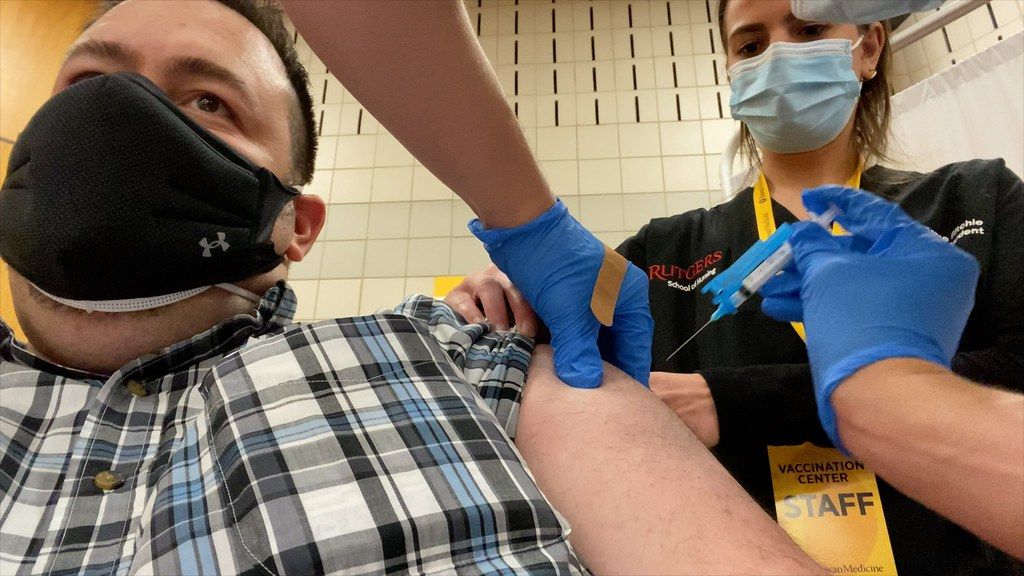An analysis of a study concerning COVID-19 immunity carried out by the Sundhedsstyrelsen health authority concludes that those who have been infected catch it again for at least eight months.
The likelihood of an infected person becoming ill again is small, it adds.
“We have looked at the research very closely and believe the immunity can last even longer than eight months,” commented Sundhedsstyrelsen official Helene Bilsted Probst.
Still too early regarding vaccines
However, ongoing research, claims Sundhedsstyrelsen, has not drawn the same conclusions regarding the vaccines, although its latest assessment suggests the immunity after vaccination will be as effective and long-lasting as after infection.
COVID-19 is a new disease and details about how long the vaccine will be effective for, along with how it affects the immune system, remain unknown. Vaccines have only been in use since the end of 2020, which means the period of assessment is still limited.
“It is still too early to say anything about the need for revaccination, but it is of course an area that we will follow closely,” added Probst.
Sundhedsstyrelsen has been assessing the duration of immunity both after vaccination and infection to address how often the public will need to be revaccinated.














